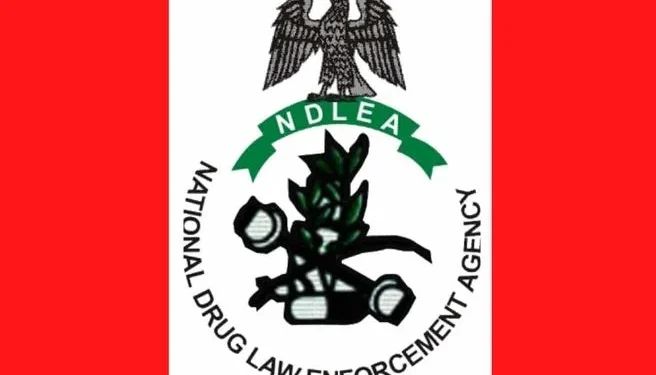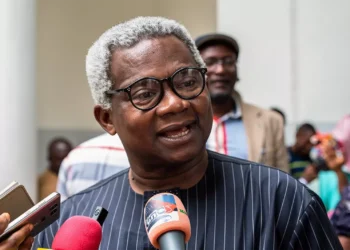The National Drug Law Enforcement Agency has arrested 62,595 drug suspects and convicted 11,628 offenders between January 2021 and March 2025 across the 36 states and Abuja.
The NDLEA chairman, Buba Marwa, said this during the opening ceremony of a conference for Nigeria Governors Spouses on Tuesday in Abuja.
The NDLEA organised the event in collaboration with the Nigeria Governors Spouses’ Forum.
Mr Marwa said the NDLEA had pursued this mission over the past four years with renewed and unwavering zeal. He said this was ensuring that Nigeria’s hard-won global and regional drug control successes were not merely preserved but expanded.
“Permit me to inform this distinguished gathering that over the four years, the NDLEA has deployed substantial resources towards a comprehensive assault on the drug problem, yielding significant outcomes.
“Under the drug supply reduction mandate, encompassing drug seizures, arrests, prosecutions, and convictions, we recorded the arrest of 62,595 drug suspects (including 68 drug barons).
“We have seized 10,317,137.55 kilograms of assorted drugs and secured the conviction of 11,628 offenders. Furthermore, 1,330.56553 hectares of cannabis farms were identified and destroyed,” he said.
Mr Marwa said equal emphasis had been placed on drug demand reduction to ensure a balanced approach in accordance with international best practices.
“Between January 2021 and March 2025, a total of 24,375 drug users received counselling and treatment at NDLEA facilities, primarily through brief interventions.
“Concurrently, 10,501 drug sensitisation programmes were conducted nationwide under the auspices of the War Against Drug Abuse (WADA) social advocacy campaign, reaching diverse target groups within communities.
“In parallel, a remarkable 3,843,789 participants were mobilised to partake in these enlightenment initiatives undertaken across the nation,” he said.
The NDLEA boss said the agency had invested in implementing drug use prevention strategies, recognising that prevention was invariably better than cure.
He said those targeted interventions were vital in reducing risk factors and strengthening protective factors against substance abuse, especially amongst vulnerable and marginalised populations, including our youth.




































